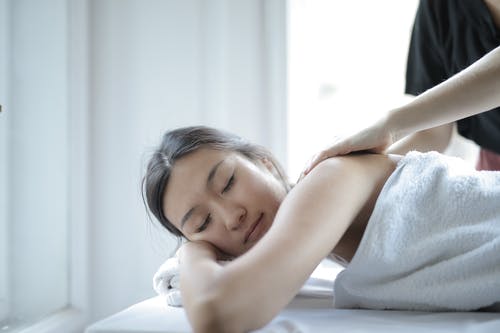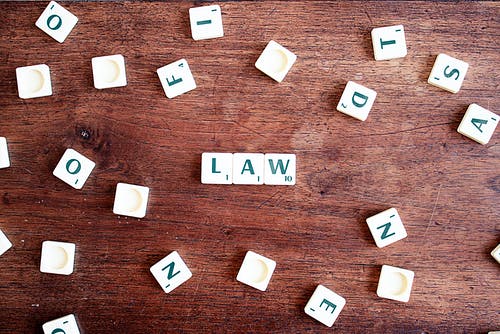9th U.S. Circuit Court of Appeals tosses Massage Envy’s voucher settlement due to Class Action Fairness Act issues.
The 9th U.S. Circuit Court of Appeals, siding with objector Kurt Oreshack and his attorneys at the Hamilton Lincoln Law Institute’s Center for Class Action Fairness, threw out a $10 million settlement and $2.6 million in attorneys’ fees originally awarded as part of a class action against Massage Envy. The case had alleged Massage Envy franchisees had increased membership fees without the members’ approval. The company settled in 2019, with the parties reaching a deal that gave class members vouchers for services. The court of appeals agreed that the deal needed further examination under the Class Action Fairness Act.
“The deal set aside $10 million to cover the vouchers for the class members that claimed them. The settlement included a clause that said Massage Envy wouldn’t challenge the plaintiffs’ attorneys request for up to $3.3 million in fees, and another that said any difference between that figure and the actual amount awarded would revert back to Massage Envy,” the appeals court’s opinion reads.

The legislation was passed by Congress in 2005 and expanded federal subject matter jurisdiction over large class action cases. More specifically, the panel of three judges found the deal qualified as a “coupon” settlement. The panel also found that U.S. District Senior Judge Maxine Chesney, nominated to the court by former U.S. President Bill Clinton, had failed to examine parts of the settlement which may suggest “collusion between the plaintiffs’ counsel and Massage Envy.” The panel concluded that the “lower court deficiencies” were proof enough to disqualify the deal.
The Class Action Fairness Act puts restrictions on attorneys’ fees awarded from settlements that offer class members vouchers for products or services. The lower court had previously laid out a three-part validity test for judges to evaluate decisions that include coupons in which they were told to consider whether the vouchers require class members to spend more money to use them. The appeals court explained that the three factors should be balanced against one another and don’t have to all be met.
The Center for Class Action Fairness founder Ted Frank tweeted, “It’s worth millions to settling parties to try to game things, and this just invites uncertainty and further litigation in the future.”
Jeffrey Krinsk of Finkelstein & Krinsk, who represented the proposed class, said they will take action to get a new settlement approved. He said there was “absolutely no risk of collusion between his side and the defense” and viewed the panel’s comments about this as “a warning to the entire class action bar.” Krinsk added, “This was not a particularly profitable undertaking by plaintiffs’ counsel.”
Another aspect of the deal that the appeals court took issue with that was the plaintiff’s attorneys were to pay fees. “When a settlement provides non-cash relief and a reverter provision, a district court must be on the alert for an attorneys’ fee award that is artificially inflated in relation to the relief provided to the class,” the judges wrote.
The case is Baerbel McKinney-Drobnis, et al v. Massage Envy Franchising, 9th U.S. Circuit Court of Appeals, No. 20-15539.
Sources:
Massage Envy $10 mln coupon settlement, fee award tossed by 9th Circuit


Join the conversation!